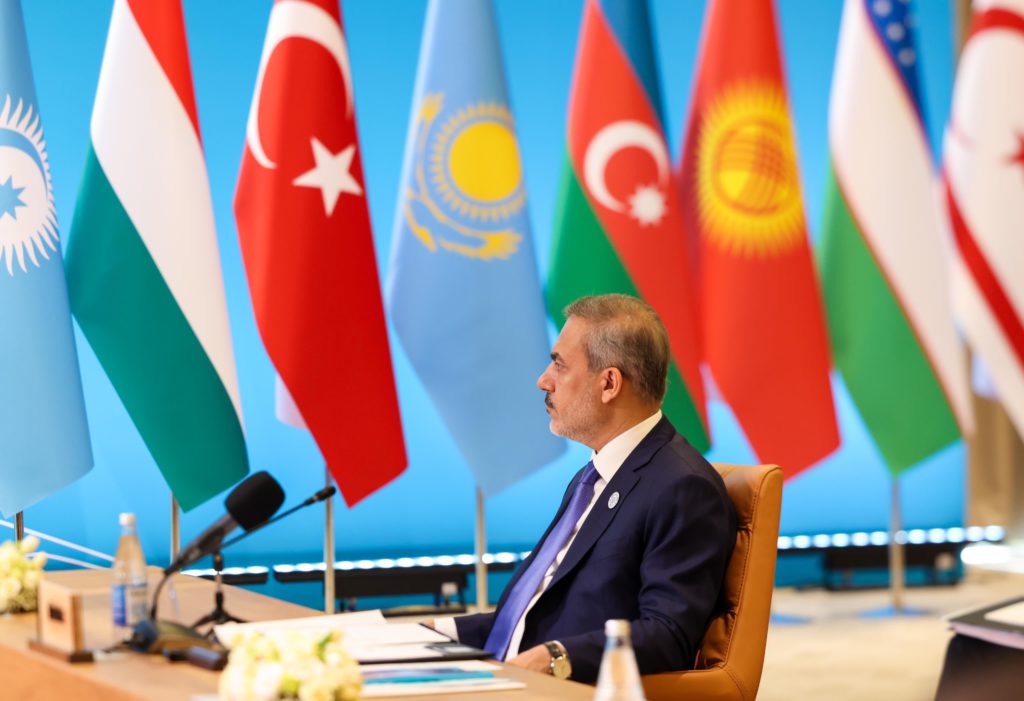Turkish envoy visits Niger to secure uranium supplies

Turkey’s foreign, defense and energy ministers visited Niger on Wednesday to secure access to the West African nation’s rich uranium deposits.
The delegation, which is led by Foreign Minister Hakan Fidan and includes top spy chief Ibrahim Kalin, wants to tap Nigerien supplies of the fissile mineral to fuel Turkey’s nascent nuclear-power industry, according to people familiar with the matter who asked not to be identified as they’re not authorized to speak to the media.
The trip comes after Niger’s military government withdrew mining rights from Canadian and French companies to develop uranium deposits. The country has been controlled by a junta since a coup in July 2023, and its elected president, Mohamed Bazoum, has been in detention since then.
Russia’s state-run Rosatom is building Turkey’s first nuclear power plant, called Akkuyu, and the government is planning two other facilities. Niger has about 5% of the world’s uranium resources and ranks among the top 10 sources of the fuel, according to the World Nuclear Association.
The Turkish visit comes as Russia itself is trying to acquire some of Niger’s uranium assets, Bloomberg reported last month. Turkey also has a long-term fuel-supply contract with Rosatom as part of the Akkuyu project and doesn’t currently have the capacity to convert or enrich uranium ore into the material needed for reactors.
Mining rights
Niger withdrew Canadian GoviEx Uranium Inc.’s permit to develop the Madaouela uranium mine earlier this month, after the junta said the company failed to meet a deadline to develop the project. Last month, the military government also revoked French nuclear group Orano SA’s right to develop the Imarouren mine.
Niger — one of the world’s poorest countries, according to the International Monetary Fund — says it’s entitled to revoke mining licenses under the current mining code if the holder fails to develop the project.
The country has been supportive of Canada’s Global Atomic Corp’s project, which is set to produce 300,000 tons of ore daily by 2027, according to its latest feasibility study.
Turkish President Recep Tayyip Erdogan has long sought to broaden his nation’s influence in African countries, from launching television channels to selling drones and supplying ship-mounted electricity plants.
He’s also defended Niger’s decision to halt uranium exports to France, citing the European country’s “years of oppression” of Niger, which was a French colony until it gained independence in 1960.
Ankara and Paris have sparred on a number of issues in recent years, including energy exploration in the eastern Mediterranean, Libya’s civil war, the conflict between Armenia and Azerbaijan and France’s position on the 1915 Armenian genocide.
Turkey has also tried for years to persuade France to co-produce missile defense systems with little success.
(By Selcan Hacaoglu)
{{ commodity.name }}
{{ post.title }}
{{ post.date }}




Comments